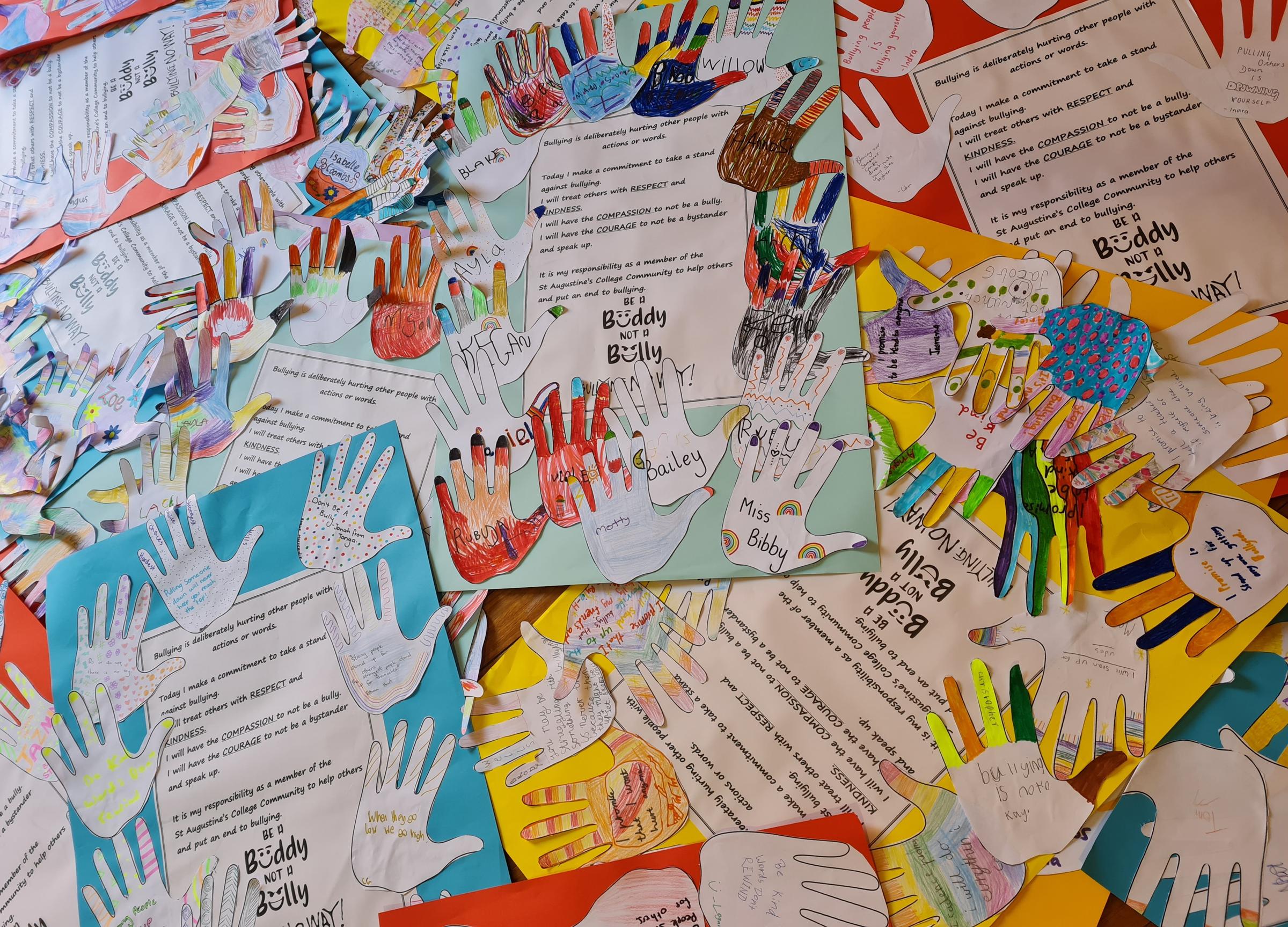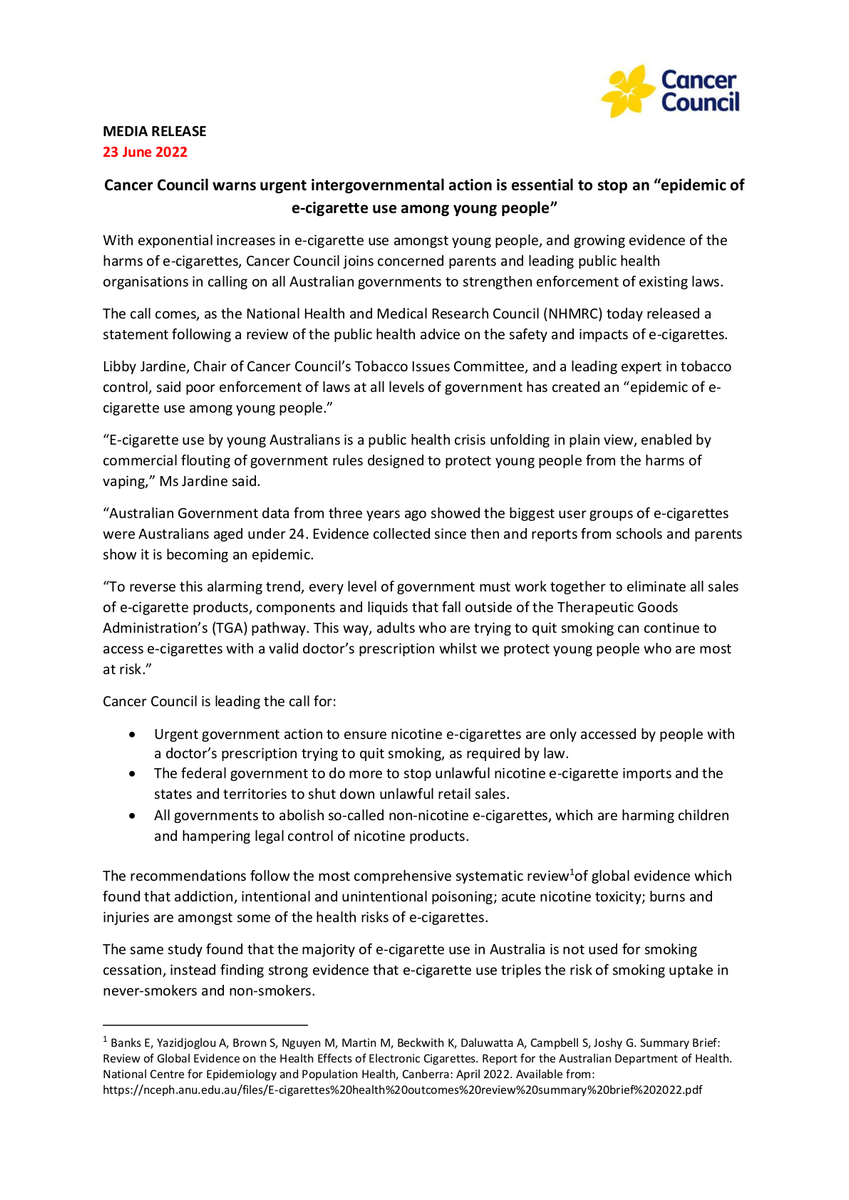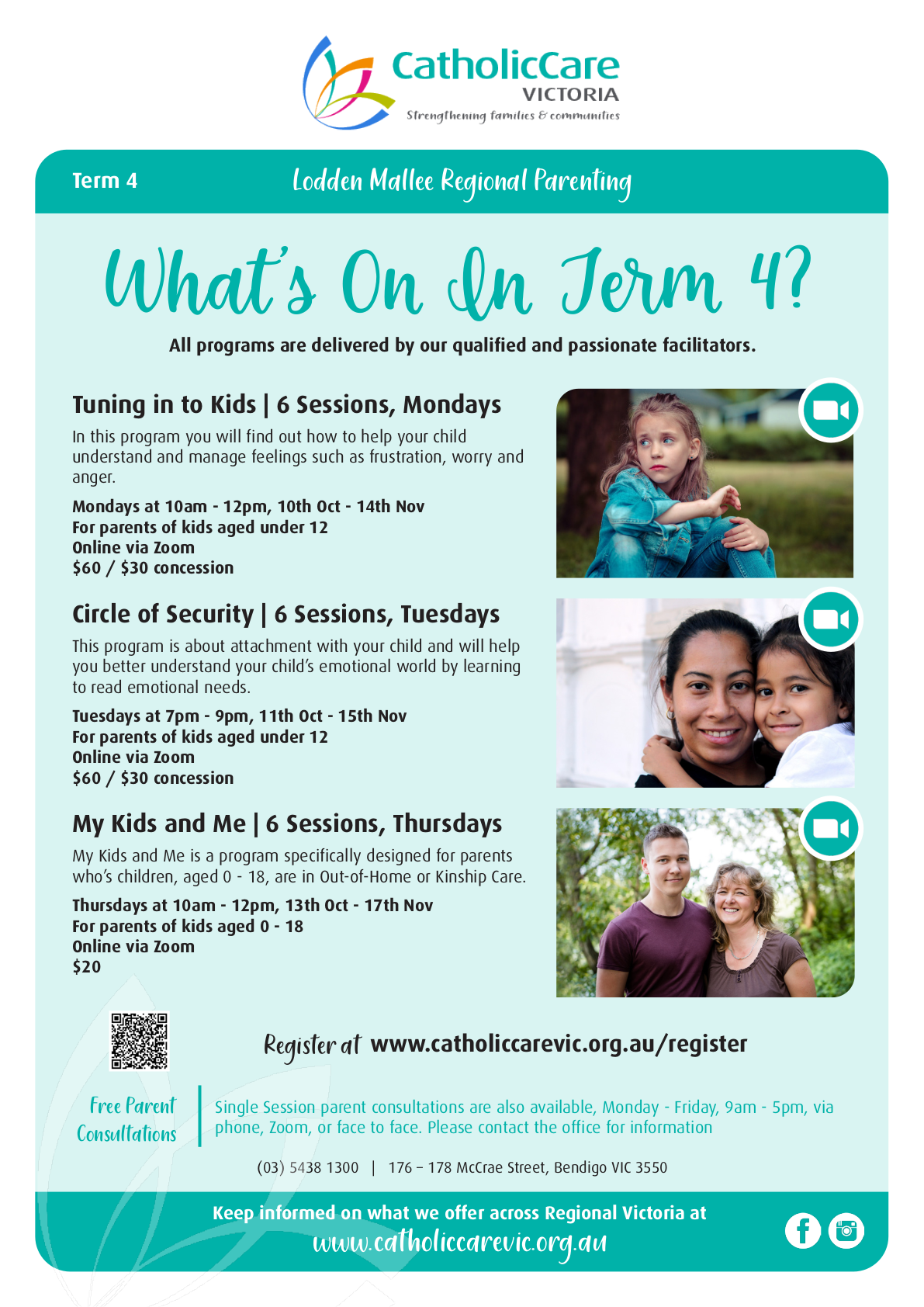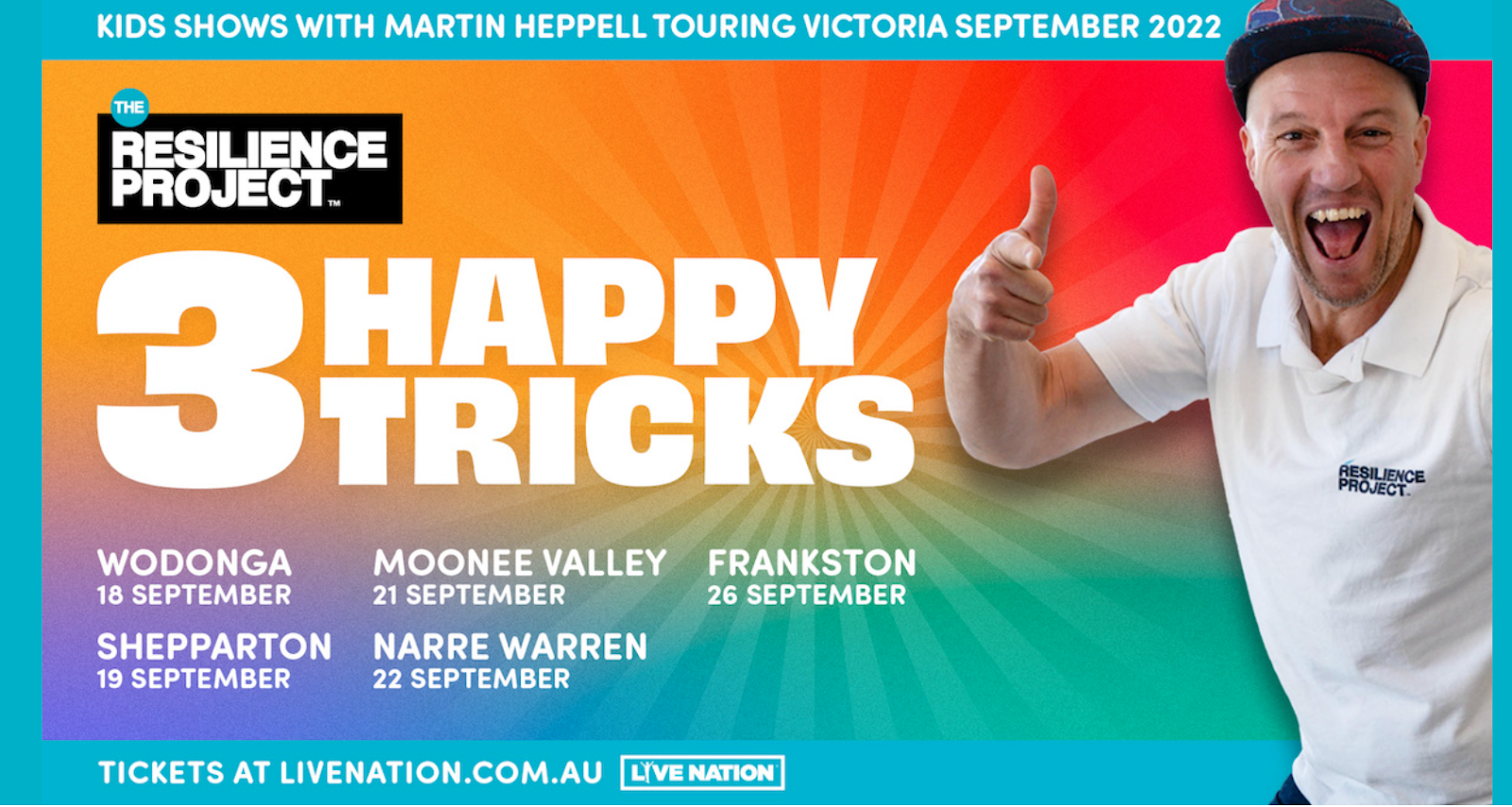Community and Wellbeing

Student Wellbeing Survey - The Resilience Project
Following on from the last newsletter, we will unpack some of the results of The Resilience Project student survey for students in the 5 - 8 Community.
As stated in the last newsletter, the survey tool focuses on a number of questions which fall into the categories of connected, protected and respected. These areas form the basis for measuring wellbeing in students. Positive responses in these areas not only indicate positive wellbeing but provide excellent precursors to learning for our students. The connection between positive wellbeing and learning is becoming increasingly focused on in educational research. This is of course common sense to most of us. Students will thrive when they feel good about themselves, their home and school environments.
There are some real celebrations within the data for our students.
Below is some of the data which represents really positive responses (10% or more above the Australian norm which uses data from over 410,000 students) for student wellbeing.
Year 5 girls
○ love and support from family
○ parent/carer who listens to me
○ spend time with friends
○ can talk about things if they upset me
Year 5 boys
● love and support from family
● spend time with friends
● adult in my life who can talk to
Year 6 girls
● teachers who encourage
● parents/carers who encourage me
● spend time with friends
● at least one good friend at school
● feel good about myself
Year 6 boys
● at least one good friend at school
● can talk about things that upset me
● not bullied online
● not texting online between 10pm/midnight and 6am
Year 7 girls
● love and support from family
● teacher at school who cares
● teachers who encourage
● enjoy learning new things at school
Year 7 boys
● teacher at school who cares
● spend time with friends
● at least one good friend at school
● think I am doing pretty well
Year 8 girls
● do not drink alcohol
● do not use illegal drugs
● do not gamble online
● not playing excessive online games
Year 8 Boys
● love and support from family
● at least one good friend at school
● parent/carer who listens to me
Below are some areas which indicate negative aspects of student wellbeing for this cohort. In the following data, our students have responded negatively (15% or below the Australian norm which uses data from over 410,000 students) in aspects of their wellbeing
Year 5 girls
● not bullied online
● forgive others who are mean to me
● give my time to help others
Year 5 boys
● find it easy to keep out of trouble
● think I am doing pretty well
● not bullied at school
● give my time to help others
Year 6 girls
● not feeling tired or low on energy
● forgive myself when I mess up
Year 6 boys
● teachers who encourage
● adult in my life who can talk to
● get along with people who are different from me
● can disagree about things and still be friends
● enjoy learning new things at school
● feel good about myself
● can come up with ways to solve problems
● past experiences will help me in the future
● know that I can find a way to solve the problem
Year 7 girls
● read for fun
● give my time to help others
Year 7 boys
● try hard at school
● Do my homework
Year 8 girls
● love and support from family
● parents/carers who encourage me
● get along with people who are different from me
● can disagree about things and still be friends
● can talk about things if they upset me
● find it easy to keep out of trouble
● think I am doing pretty well
● try hard at school
● care about my school
● do my homework
Year 8 boys
● Do my homework
● Read for fun
● School enforces rules fairly
Unpacking these results
It is important to recognise that the above provides a snapshot of data for our students. The full table of results is extensive. There are many areas where our students sit within the averages or close to the average. I have not highlighted all of these aspects, rather just focused on celebrations and areas for improvement. Results do depend on how the student was feeling at the time of the survey so might not reflect overall general wellbeing. The data above is also not representative of the whole cohort as not all students chose to participate in the survey. This being said, there are areas of both celebration and some areas where we can work (both at home and at school) to ensure that we are improving aspects of wellbeing for our students. Staff in each of the communities have had sessions (on top of the session provided in mid July) to unpack and reflect on the data and on how they can work as a team to improve areas of concern. From the results, it is clear that there are some areas of concern for both Year 8 girls and Year 6 boys. The teacher teams have been working on the problem areas.
Next newsletter I will focus on the data available for the 9-12 community.
Carolyn Goode
Deputy Principal - Wellbeing
Cancer Council Media Release on e-cigarettes
Create and Connect Workshop
Catholic Care Victoria Parenting Programs
The Resilience Project - Kids Shows
Get ready, strap yourself in and join Martin for an action packed show that will have everyone on the edge of their seats wanting more!
For the first time ever, we’re on the road tackling children’s mental health with a high-energy kids show tour – ‘3 Happy Tricks’ with Martin Heppell.
Through music, storytelling and plenty of laughs, these shows provide primary school aged children and their parents practical strategies on how to be happier and more resilient.
New research has revealed that 1 in 4 primary students are experiencing symptoms of depression. And almost 1 in 3 are experiencing symptoms of anxiety.
“After two years of really tough lockdowns, social isolation and navigating the challenges of online learning, it’s no wonder we are seeing such confronting statistics about our children’s mental health,” says Hugh van Cuylenburg, The Resilience Project’s founder and best-selling author.
You can catch the tour, featuring our most engaging and entertaining presenter, Martin Heppell, in Shepparton on Monday 19th September during the Term 3 school holidays.
These shows are a great opportunity for families across the state to learn how to incorporate GEM into their daily routine and help children to improve their wellbeing.
Who is Martin Heppell?
There’s nobody quite like Martin Heppell!
Martin’s boundless energy, incredible sense of humour, and compassion for people of all walks of life make him the perfect person to help kids be happier and look after their mental health.
“Martin is unbelievable, there is no-one like him! I couldn’t think of anyone better to help kids and their parents understand how much fun they can have looking after their mental health!” says Hugh van Cuylenburg, The Resilience Project founder and best-selling author.
A father of three, Martin Heppell is a former AFL player who played with St Kilda and Melbourne and has delivered more than 1,000 presentations for The Resilience Project.
Tickets can be purchased by following the link below.
https://riverlinksvenues.online.red61.com.au/event/829:1890/829:2686/





